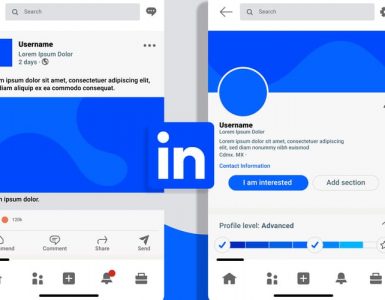Audiences Don’t Care If AI Created Your Brand’s Content
Who cares who created the content? For most, authorship doesn’t matter. Yet, given the voluminous conversations around generative content AI, you would think it does.
Results are what matters
Some argue that AI-produced content is rarely as good as what an experienced human writer could do. Given how many first drafts I see, I’m not sure about that, but let’s assume the premise.
Jess Fortet writes on the Jounce blog, “Human writers bring a level of creativity, emotion, and nuance that AI-generated copy may struggle to replicate. The ability to connect with readers on an emotional level can set human-generated content apart from AI-generated content.”
Yes, humans can bring creativity, emotion, and nuance. But unfortunately, that’s not how many brands assess their content marketing. As Eliyahu M. Goldratt wrote in Critical Chain more than 25 years ago: “Tell me how you measure me, and I will tell you how I will behave.”
Evaluating the success of content marketing revolves around the content’s impact on the buyer’s journey. So that’s what human creators bring to their content marketing. They focus on attributes like keywords, titles, length, meta descriptions, etc. They think about calls to action that will motivate content consumers to take the next step.
Who created the content doesn’t matter in content marketing. What matters is whether the content delivered what the audience and brand wanted. For the audience, that’s information or entertainment. For the brand, that’s clicks and other actions along the buyer’s journey.
Doesn’t Google say it cares who created content?
Yes, I know, Google once said AI-generated content goes against its guidelines, so it classified it as spam. But I believed that declaration as well as I did when my teachers warned our class that they could tell if we didn’t read the book or just used CliffsNotes. (Based on my grades, I disagreed, though I didn’t tell them that.)
Earlier this year, Google clarified its guidance: “Using automation – including AI – to generate content with the primary purpose of manipulating ranking in search results is a violation of our spam policies.”
But Google recognizes not all automation, including AI generation, is spam. “AI has the ability to power new levels of expression and creativity, and to serve as a critical tool to help people create great content for the web,” it writes.
Frankly, I’m not sure how great AI-created content really needs to be. After all, consider how long content farms or mills have existed. Those high-producing, low-paying factories certainly wouldn’t have been in business long if their content didn’t deliver search-focused results.
Thus, if the content delivers on the basics of Google’s EEAT guidelines – experience, expertise, authoritativeness, and trustworthiness, Google will deliver it to searchers.










